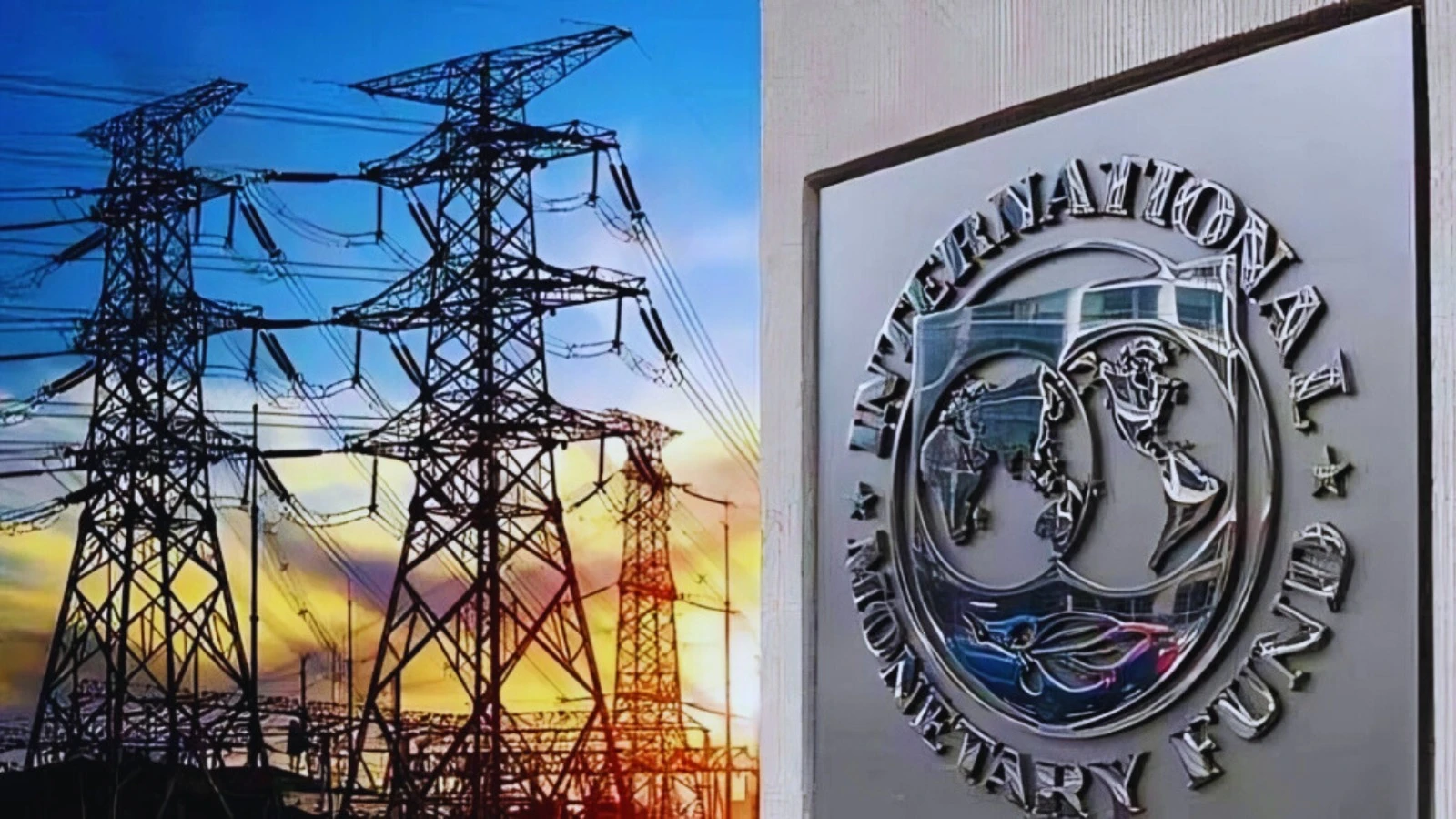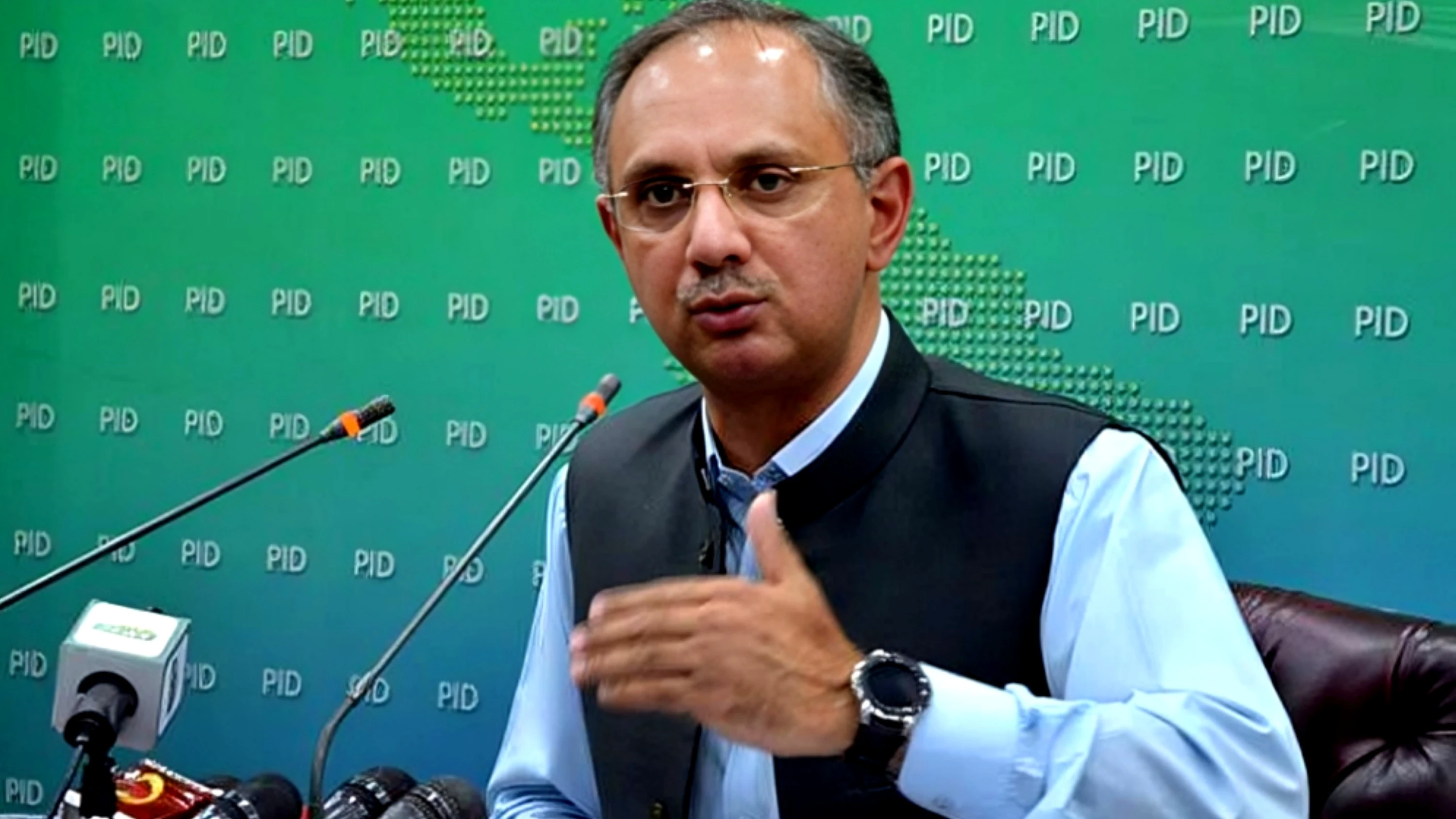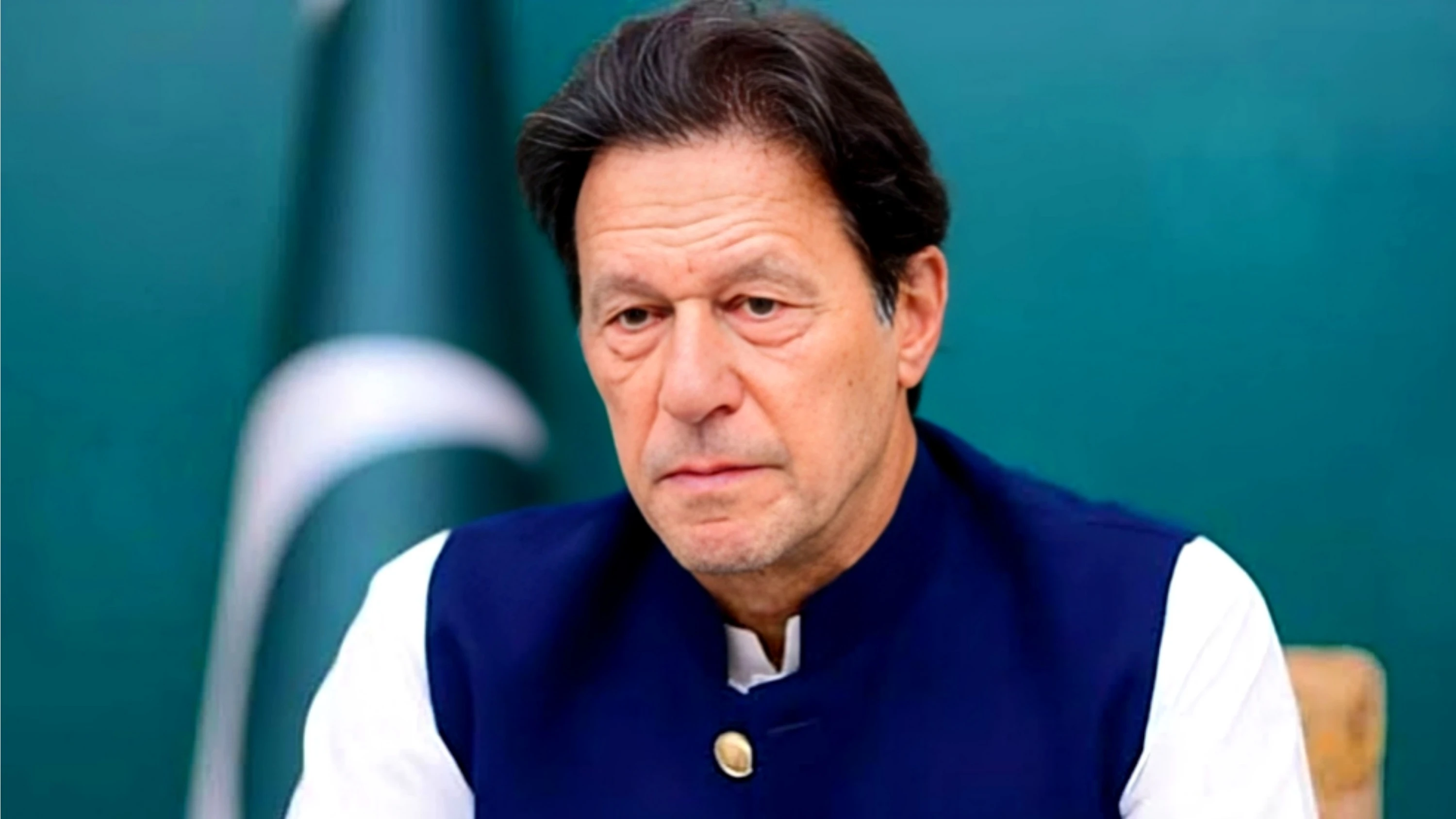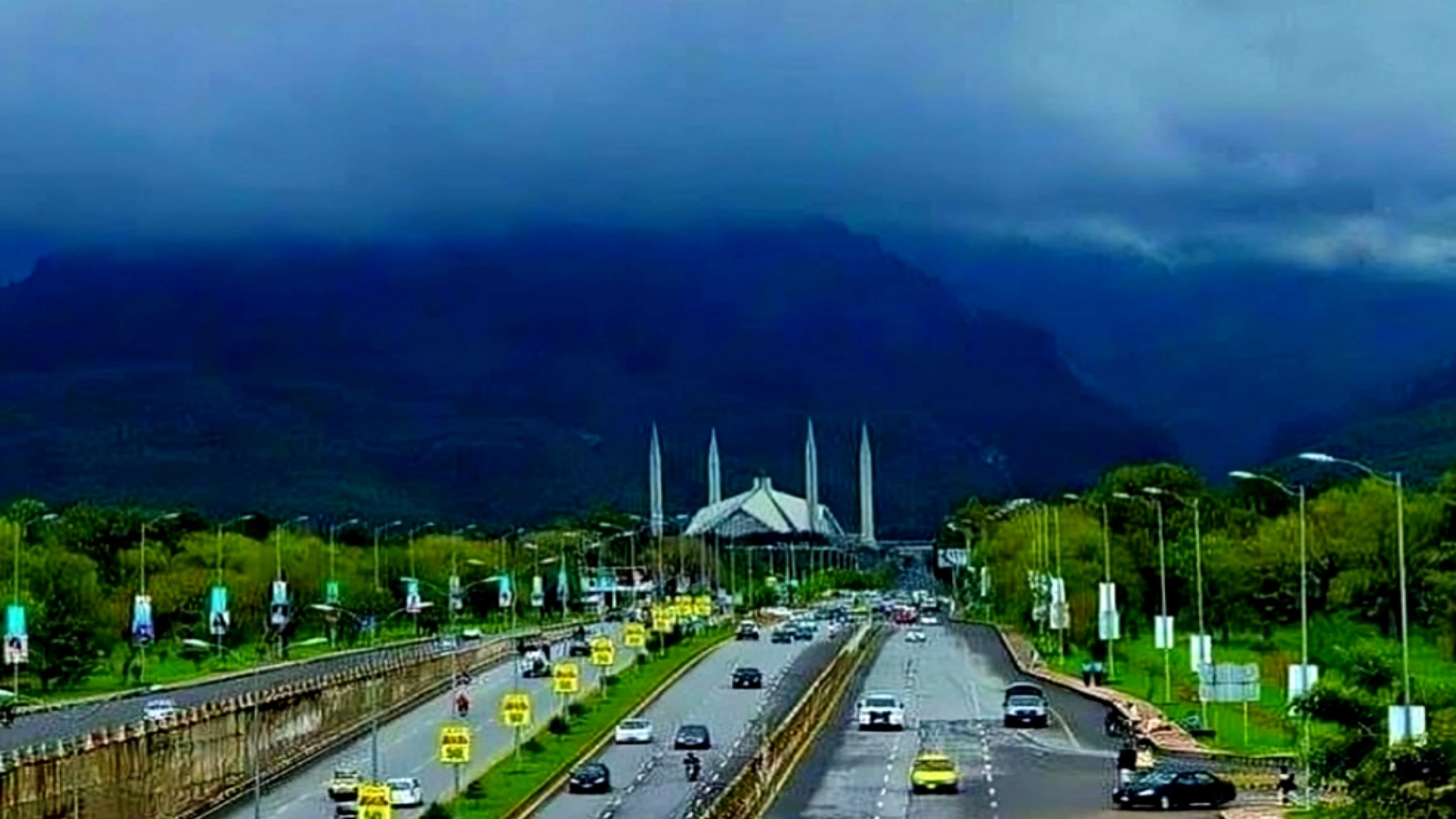Islamabad: The government's promise of a significant reduction in electricity tariffs has hit a roadblock due to ongoing negotiations with the International Monetary Fund (IMF), which is currently reviewing Pakistan’s economic performance under the $7 billion Extended Fund Facility (EFF).
It was widely speculated in the media, based on official leaks, that Prime Minister Shehbaz Sharif would announce an Rs. 8 per unit cut in electricity rates during his March 23 address to the nation. However, no such relief package was announced in his Pakistan Day speech.
Instead, the Prime Minister chaired a meeting on the power sector, attended by his Special Assistant Tariq Shah, along with officials including Awais Leghari, Ahad Cheema, and Muhammad Ali.
On March 15, the Prime Minister’s Office (PMO) had stated that petroleum product prices would remain unchanged, despite the petroleum division recommending a Rs. 13 per liter reduction. The financial impact of this decision was supposed to be transferred as relief to electricity consumers. The PMO had also promised a comprehensive relief package to lower power tariffs, leveraging changes in international oil prices and other cost-saving measures.
However, the proposed tariff reduction plan required approval from the IMF, which is currently assessing Pakistan’s economic outlook for FY 2024-25 and beyond. According to anonymous officials, the IMF’s strict financial model did not accommodate the government's proposed adjustments.
During the March 4-14 review talks, Pakistani authorities shared a plan with the IMF that included potential savings from renegotiations with Independent Power Producers (IPPs), allowing for a Rs. 2 per unit tariff reduction. Later, the government also increased petroleum levy on petrol and diesel by Rs. 10 per liter, taking it up to a maximum of Rs. 70 per liter under the Finance Act 2025, aiming to use these additional revenues to offset electricity costs. This could have contributed to an additional Rs. 2-2.5 per unit reduction.
An official stated that since the petroleum levy increase was revenue-neutral, the IMF should have no issue with it. However, the IMF prefers a broader fiscal perspective rather than isolated revenue adjustments.
Meanwhile, the National Electric Power Regulatory Authority (NEPRA) has received revision requests for annual base tariffs from power distribution companies (DISCOs). Following negotiations with the civil-military task force, only 6-7 IPPs have approached NEPRA for tariff adjustments. Additionally, the Power Division’s request to amend the solar net metering policy is also pending NEPRA’s decision.
Government insiders revealed that the March 23 meeting also addressed the backlash against proposed changes to the solar net metering policy, particularly criticism from former finance minister Miftah Ismail on social media.
Following the meeting, the PMO issued a statement reaffirming the government’s commitment to promoting renewable energy and directing officials to clarify policy concerns with factual data. The PMO emphasized that there has been no change in the government's solar energy policy and priorities.
The Economic Coordination Committee (ECC) has already approved a two-thirds reduction in buyback rates for future net metering consumers and other restrictive adjustments. Energy Minister Awais Leghari has been advocating for acquiring solar energy through private sector bidding rather than net metering.
In addition to accelerating the privatization of power distribution companies (DISCOs), the Prime Minister also ordered the immediate resolution of legal and procedural hurdles related to the privatization of power generation companies.
He reiterated that a relief package for lowering electricity tariffs is in the works and will be announced soon to provide relief to consumers. Furthermore, he directed the Power, Water Resources, and Petroleum Divisions to enhance coordination for a more integrated energy sector strategy.








